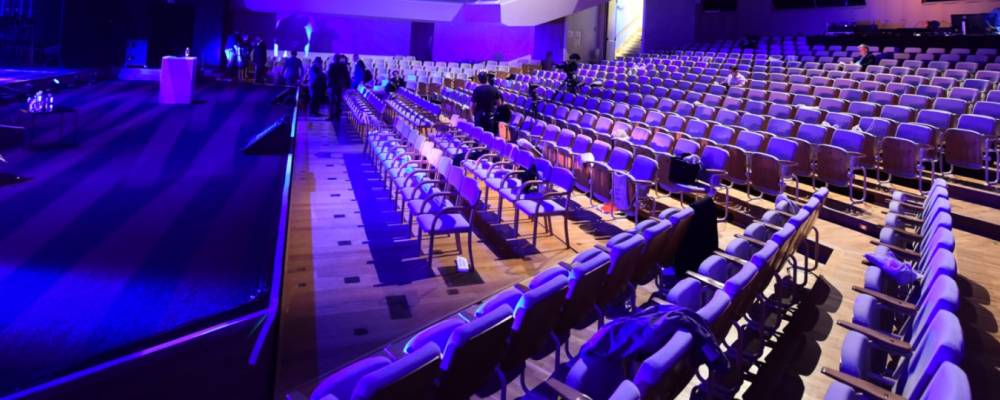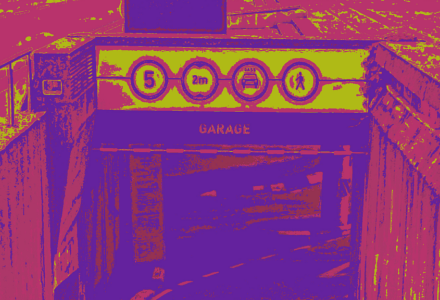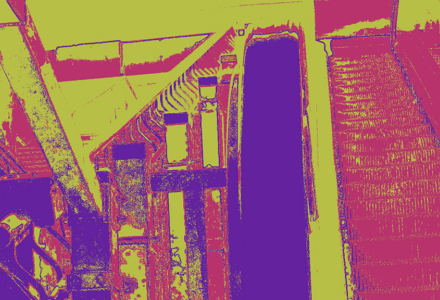
Guided tour. Walk with Agata Zubel
This year, we are preparing the fourth edition of the Ljubljana New Music Forum. In 2022, we marked “A Paradigm Shift”, so it seems right to attempt a synthesis this year. In the first two years of our festival, we invited two composers as guests and curators, and in the third edition we entrusted the selection to performers. This year, we have sought the help of a composer who is also an exceptional performer. In the past, musical professions were not usually divided: Bach was a composer and a performer, a conductor and a harpsichordist, as well as an organiser of musical life and a music teacher. Later, the increasing complexity of musical technique and the need for first-rate professionalism led to the specialisation of musical professions, even to genre specialisation among composers (Chopin wrote almost exclusively for the piano, Wagner and Verdi wrote opera, and Wolf lieder). The peak of this musical differentiation was evident in the twentieth century, when, with the advent of modernism, it seemed that even the listener was expected to possess excellent skills at an almost professional level.
In this kind of specialisation, one therefore observes not only the successes connected with the unforeseen development of compositional and performance techniques, but also the modern decline of the social importance of contemporary composed music. It was precisely this situation that has started the wheel of history turning once again in a different/new direction: today, more and more composers are also performers, and almost all of them are their own copyists, publishers, programmers and promoters. A composer cannot devote him/herself only to developing his/her technique, finding new material and building structures; s/he must also be able to actively place him/herself in the context of his/her own environment and the wider social raster.
Elements of this phenomenon are evident in the activity and oeuvre of the Polish composer and singer Agata Zubel, whom we have selected this year as the curator and composer in focus for the Ljubljana New Music Forum. We asked Zubel to select a festival programme that reflects her own musical aesthetics, on the one hand, and other influences, aspirations and contrasts, on the other. Since Agata does not stand still in her work – she is not committed only to delving into absolute musical structures and is often inspired by photography or literature – her selection became remarkably wide and diverse. This was her point of departure, which is why, from the very beginning, she conceived “her” Forum as a walk through various contemporary musical landscapes, as well as encounters with somewhat older sedimentations. In so doing, she did not want to present herself only as a composer, but also as a performer.
Thus, as a starting point for the Slovenian titles of the individual concerts, she chose words with the root hod, which means “walk” in Slovenian, but is also found in some other Slavic languages.



